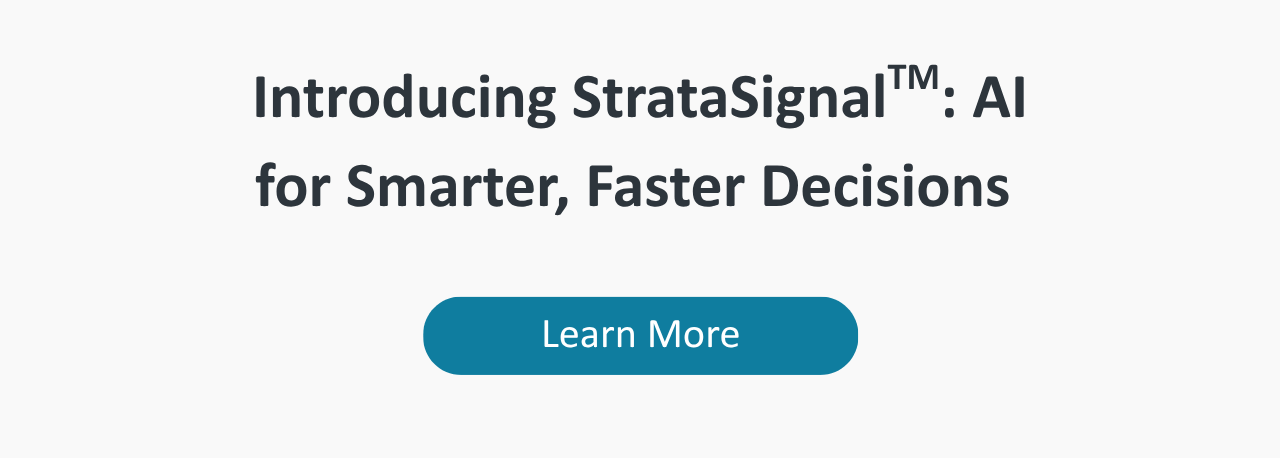Among the many lessons learned during the COVID-19 pandemic is the need for actionable data to guide healthcare organizations through continued uncertainty, payment reform, and increased competition.
Successful organizations already leverage data and insights to measure and manage performance across clinical service lines using a broad set of performance measures, including volume, financial, cost, and quality outcomes. Decision support tools help by integrating and securing data from an ever-wider set of sources, enriching that data with detailed costing methodologies, and structuring data with flexible reporting and analysis tools that make data more accessible and consumable.
Effectively using decision support solutions to actually make better decisions requires healthcare organizations to take four key steps:
- Introduce next-generation cost accounting capabilities (See part 1 of this blog series)
- Establish a cloud-based platform that can scale to meet the needs of large enterprise organizations
- Deliver actionable data to a broad set of stakeholders (Part 3)
- Guide planning by evolving analytics from retrospective to predictive (Part 4)
Part 2 of this blog series focuses on platform requirements that meet the needs of enterprise organizations and how cloud-based solutions reduce costs and headaches common in on-premise systems.
Five Characteristics of Modern Cloud Architecture
As finance teams look to overhaul their planning and analytic capabilities, cloud-based platforms offer greater functionality and integration at a lower cost than the legacy on-premise applications they are replacing.
The following are the 5 most important characteristics of a modern cloud architecture.
#1 — Security & Availability
Healthcare data is particularly prized by cybercriminals, making security a top consideration. Look for solutions that address known and emerging security threats not only within the database when data is at rest but also when data is being compressed, encrypted, and in transit.
Modern cloud-based architecture provides data redundancy across multiple locations, limits any downtime, and, when needed, offers data restoration within minutes.
#2 — Scalability
While traditional cost accounting solutions rely on the Charge Master as a primary input, advanced cost accounting solutions integrate more granular, encounter-specific cost drivers that deliver better insights to support decisions. Common examples include time- and cost-specific drivers from Surgical or ER systems. The ability to scale dynamically means the technology won’t limit efforts to establish more accurate patient level costs.
Robust cloud platforms allow hospitals and health systems to dynamically scale to support the needs of large enterprises, including the ability to manage how processing and reporting is performed against ever-larger data sets.
#3 — Extensibility
Questions inevitably lead to more questions, and any enterprise decision support solution must enable organizations to add data tables, dimensions, and data sources, and easily incorporate new data into their platforms for reporting and analytical purposes. Modern cloud-based solutions allow users to extend the data model without the need for vendor support.
Fisher-Titus Medical Center has found more than $200,000 in billing discrepancies by using Syntellis’ Axiom™ Enterprise Decision Support (EDS) to create one report that reconciles physician charges from its Cerner EHR. “Uncovering those dropped charges was a big win for us,” says Ben Moncher, Senior Director of Finance.
#4 — Data Sharing
Next-generation cloud-based decision support solutions automate database-to-database integration, instead of inefficient flat-file extracts, which simplifies data sharing with source systems or an organization’s data warehouse. Solutions should provide built-in ETL (extract, transform, load) capabilities to streamline the secure exchange of data, making it easy to accommodate any number of data requests.
#5 — Reporting Agility
An effective decision support solution features a combination of tools that can disseminate information across a variety of financial, operational, and clinical stakeholders.
Reporting flexibility is especially critical in:
- Dashboards & Data Visualization Tools: Today’s modern cloud-based platforms incorporate the latest capabilities of in-memory reporting, allowing users to begin at the data summary level and choose any “drill-path” as they explore the data.
- Ad Hoc Analysis: Drag-and-drop reporting makes it easy to respond to any request within minutes. Users can tailor the report layout, query/filter the data across any number of dimensions, and make that information available as a distributed off-line report or in an interactive and drillable format.
- Spreadsheet Reporting & Publishing: A robust cloud-based EPM solution allows for flexibility in data reporting, including presenting data in Excel — but without the tedium of manipulating cells and making reports presentable. Modern features allow for flexible data formatting, use of Excel modeling logic, and support for read and write capabilities to the database.
- Accessible to Third-Party BI Tools: Many organizations have a preferred business intelligence (BI) tool (i.e., Microsoft Power BI, Qlik, Tableau). Industry standard APIs (application programming interfaces) offer simple and secure connections to data where it resides without having to replicate and move it to another data source, such as a data mart or data warehouse.
Amid the myriad challenges that hospitals and health systems face, robust enterprise decision support tools help organizations leverage clinical and operational data to provide actionable insights that transform decision-making processes.
Axiom Enterprise Decision Support runs in the Axiom™ Cloud, the most secure, convenient, and cost-effective deployment for Syntellis’ Axiom solutions that outperforms on-premise implementation in scalability, integration, performance, security, and compliance. Axiom Cloud reduces IT overhead and delivers optimal system performance and unmatched security. Part 3 of this series will detail how enterprise decision support tools deliver actionable and consumable data to a broad set of stakeholders.
Read more from the series:

Strategic Decision Support, Part 1: Next-Generation Cost Accounting



